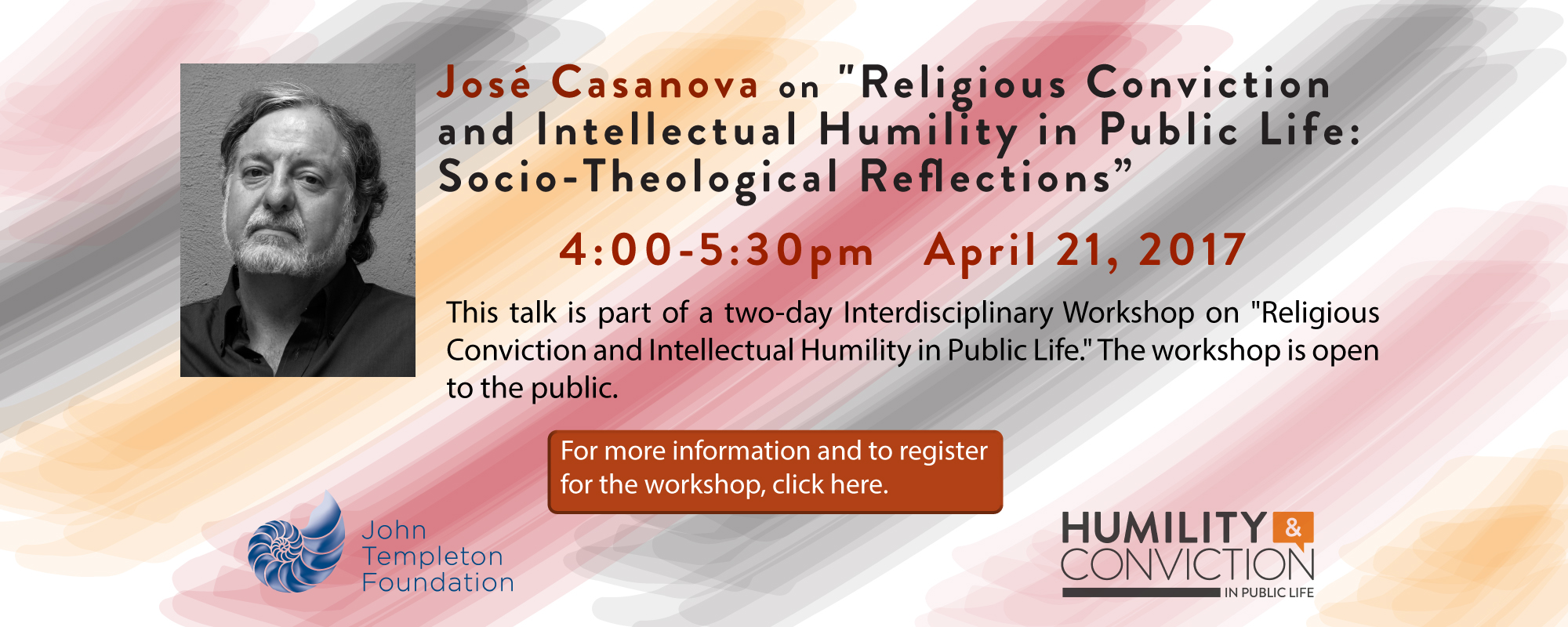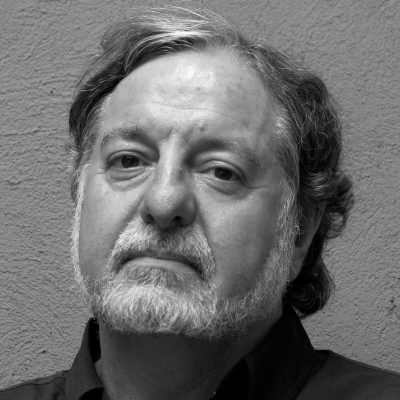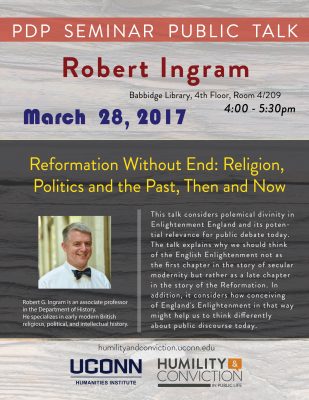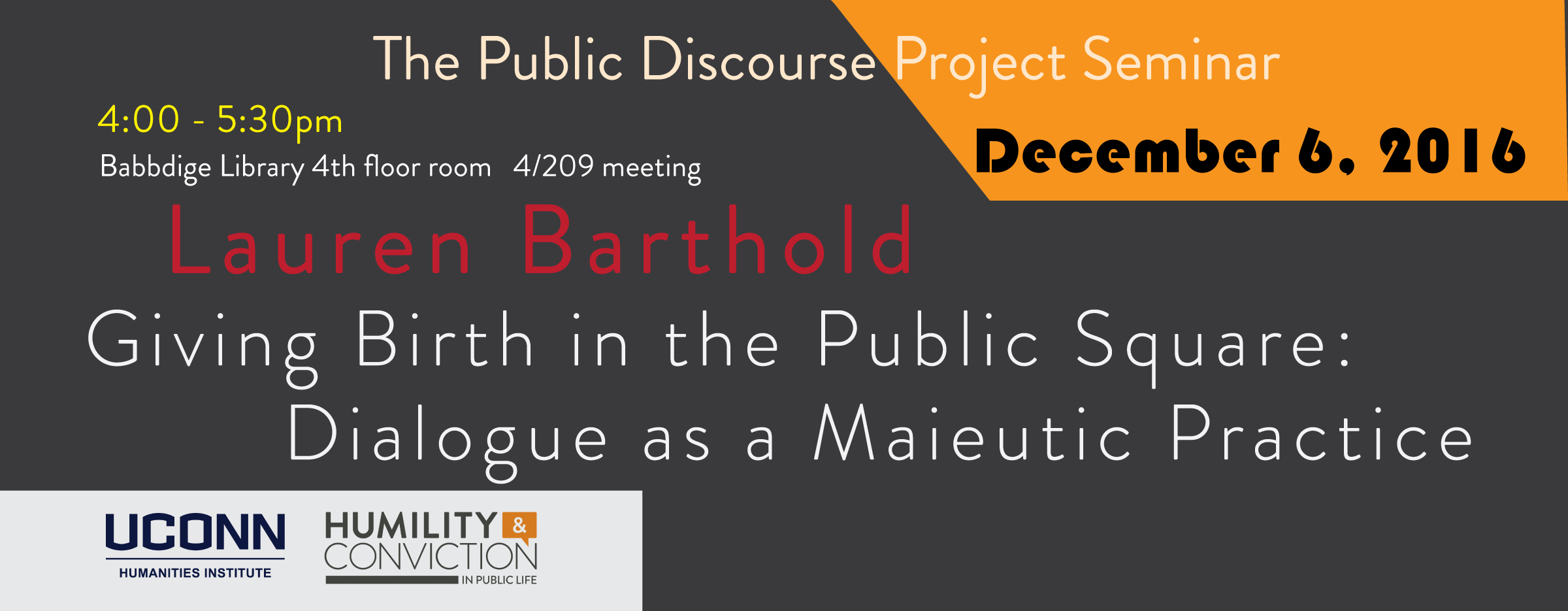Title: Wounded certainty: Is God dead or can we break through the barriers between theology and philosophy in Islam?
Time & Place: 4-5:30pm, Babbidge Library, 4th Floor, Room 4/209.
Abstract: Modern times have witnessed a severing of the linkages between scientific knowledge and Islamic theology, not least of all in the lived public sphere. A misperception or rather misconception of this severing as a “natural” divorce has been further promulgated.
This presentation will instead elaborate how a religious tradition can learn and grow through the challenges posed by philosophical reasoning, compelled to search for meaning of, and humility within, the human experience. By elucidating not only similarities but the actual integration of key philosophical ideas into the “mainstream” Islamic, one can encourage a rethinking of the widespread assumption that these traditions should be in conflict. At the end, these inquiries can introduce a new paradigm to Islamic-Philosophical Theology debates, in which the human subject—his/her shortcomings, hopes and anxieties—takes center stage.


 José Casanova, Georgetown University
José Casanova, Georgetown University Title
Title